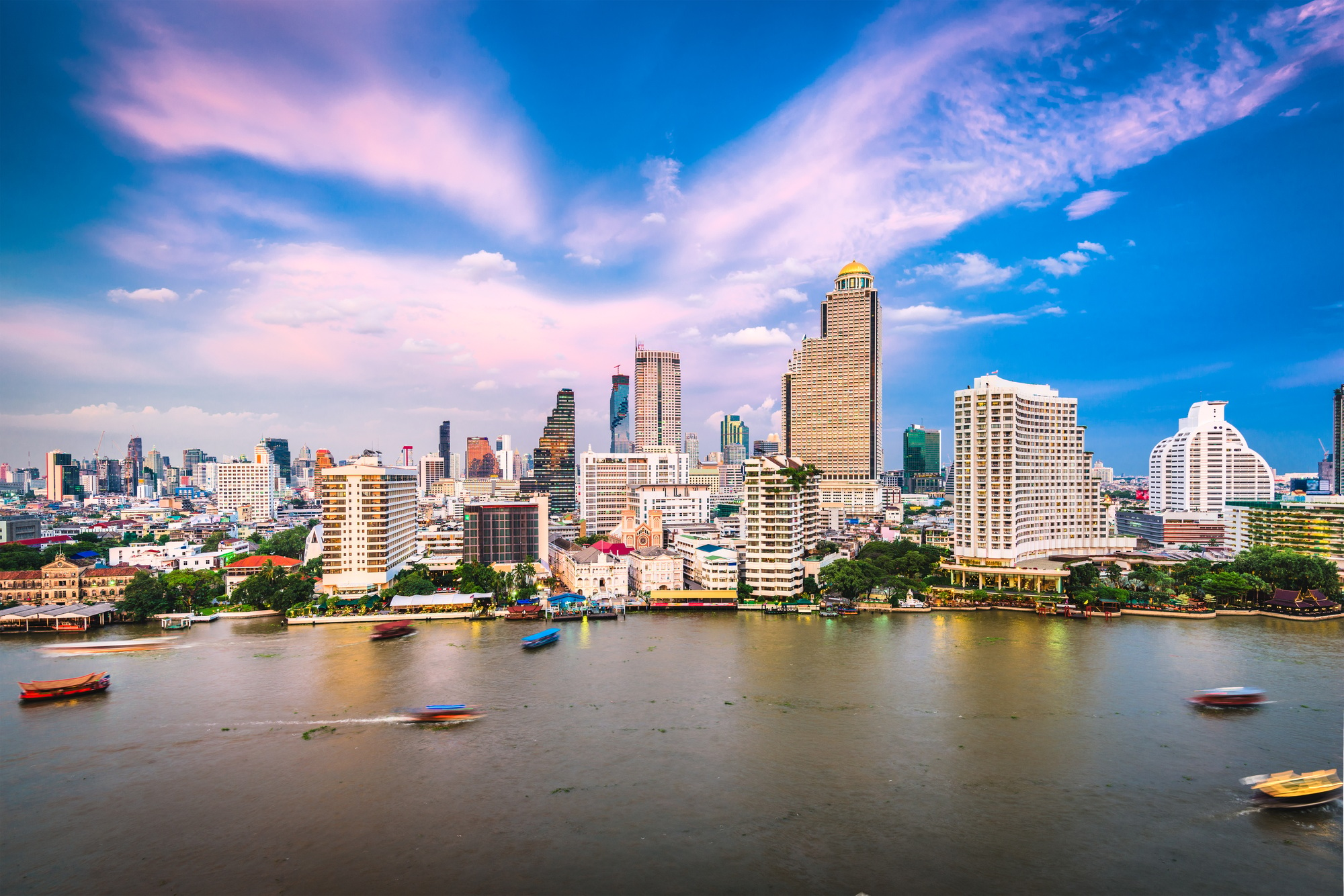
Deciding between renting and buying property in Thailand can be a complex process, influenced by various financial, legal, and lifestyle factors. Renting vs. buying property in Thailand is a critical decision that requires careful consideration of your unique circumstances.
Whether you’re looking at vibrant cities like Bangkok or serene coastal areas, each option offers unique benefits and challenges. This analysis of renting vs. buying property in Thailand aims to provide valuable insights to guide your decision.
Financial Comparison
Monthly Costs of Renting vs. Buying Property in Thailand
- Renting: The average condo rental in urban areas ranges from €500 to €1,500 per month. Utilities and services typically cost an additional €200 to €300 monthly.
- Buying: Monthly mortgage payments often exceed rental costs by 30-40%. Condo maintenance fees average €0.40 per square meter, further increasing the monthly expenses.
Investment Costs
- Renting: Requires a lower initial financial commitment, usually involving a security deposit and the first month’s rent.
- Buying: Includes a transfer tax (2%), legal fees (1-2%), and agent fees (3-5%). Total transaction costs can reach 6.5-9.5% of the property value.
Rental Market Benefits
Advantages of Renting vs. Buying Property in Thailand
- Flexibility: Renting allows easier relocation without the long-term commitment of ownership.
- Lower Initial Investment: Renters avoid significant upfront costs associated with buying property.
- Maintenance-Free: Property upkeep is typically the landlord’s responsibility.
- Market Protection: Renters are not affected by fluctuations in property value.
Rental Yields in Thailand
- Thailand offers competitive annual rental yields, ranging from 5-8% of property value.
- Premium locations, especially tourist hotspots, command higher returns and have strong short-term rental potential.
Purchase Considerations
Legal Framework for Renting vs. Buying Property in Thailand
- Foreigners can own condominiums outright, provided foreign ownership in the building does not exceed 49%.
- Land ownership requires establishing specific legal structures, such as a Thai limited company or long-term lease.
Property Value Trends
- Single-detached house prices increased by 3.6% in 2023.
- Condominium prices rose by 4.8%, while land prices in Bangkok climbed by 3.8%.
Benefits of Buying Property in Thailand
- Asset Building: Property ownership provides an opportunity for equity growth.
- Value Appreciation: Historical trends suggest a steady rise in property values.
- Control and Customization: Owners can modify the property to suit their needs.
- Potential Rental Income: Properties in desirable locations can generate passive income.
Long-Term Considerations
The decision to rent or buy depends largely on individual circumstances, including financial readiness, long-term goals, and intended duration of stay. Renting offers greater flexibility and lower upfront costs, ideal for expatriates and those uncertain about their long-term plans. Buying, on the other hand, can be a sound investment for those seeking stability and asset growth in a growing market.
Final Thoughts
Both renting and buying property in Thailand have their merits. Carefully evaluate your financial situation, lifestyle preferences, and future plans before making a decision. With the right approach, you can secure a living arrangement that aligns with your goals and provides the best value for your investment.


